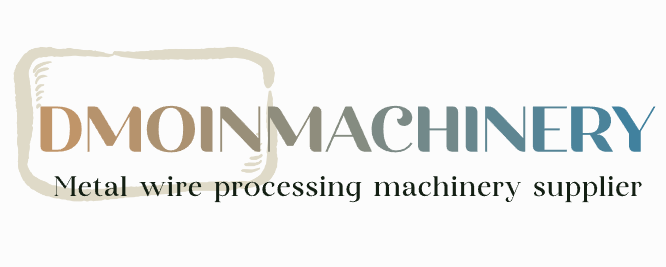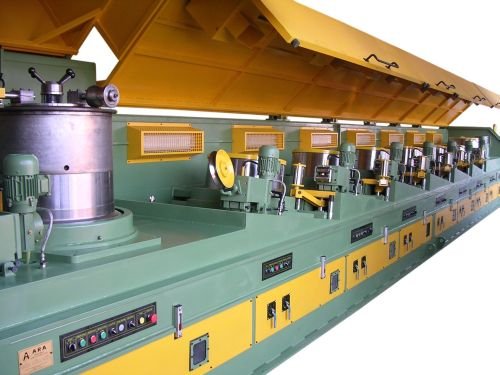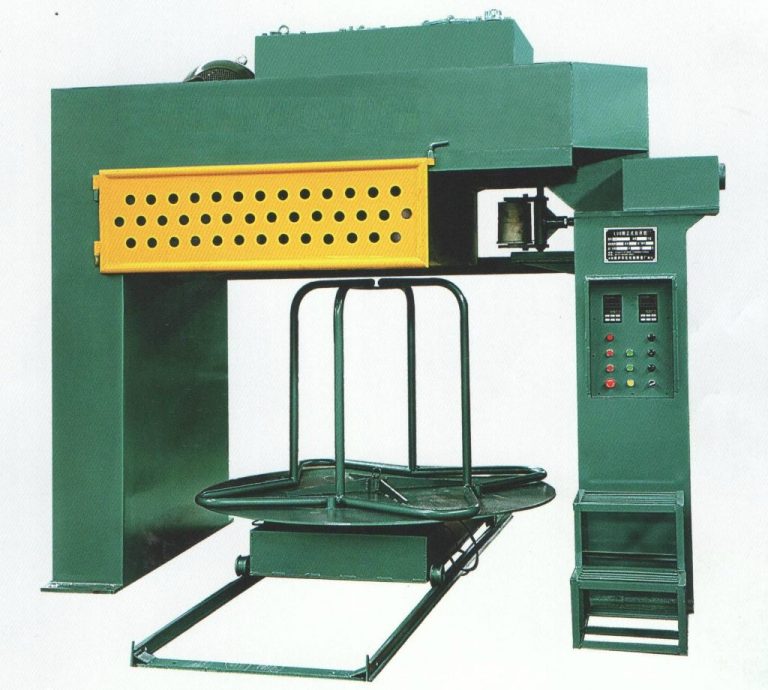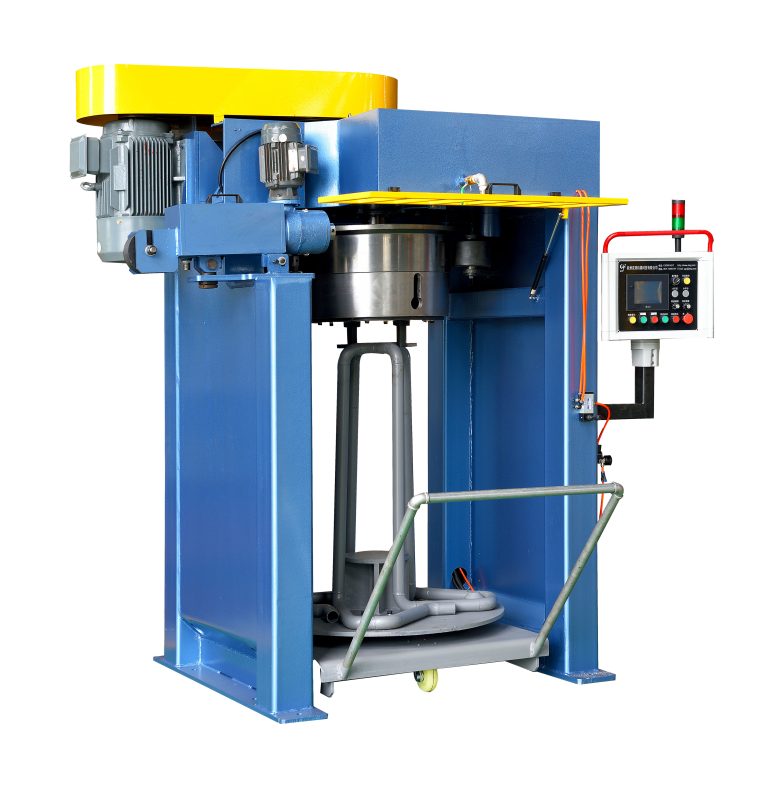Table of Contents
How to Optimize Efficiency in Zinc Wire Production Line Operations
Zinc wire production is a complex process that requires careful planning and execution to ensure optimal efficiency. From the initial melting of zinc ingots to the final spooling of the wire, each step in the production line plays a crucial role in determining the overall output and quality of the final product. In this article, we will discuss some key strategies for optimizing efficiency in zinc wire production line operations.
One of the first steps in optimizing efficiency in a zinc wire production line is to carefully analyze the layout of the production facility. By ensuring that the various stages of the production process are laid out in a logical and efficient manner, operators can minimize the time and effort required to move materials and products between different workstations. This can help to reduce bottlenecks and streamline the overall production flow.
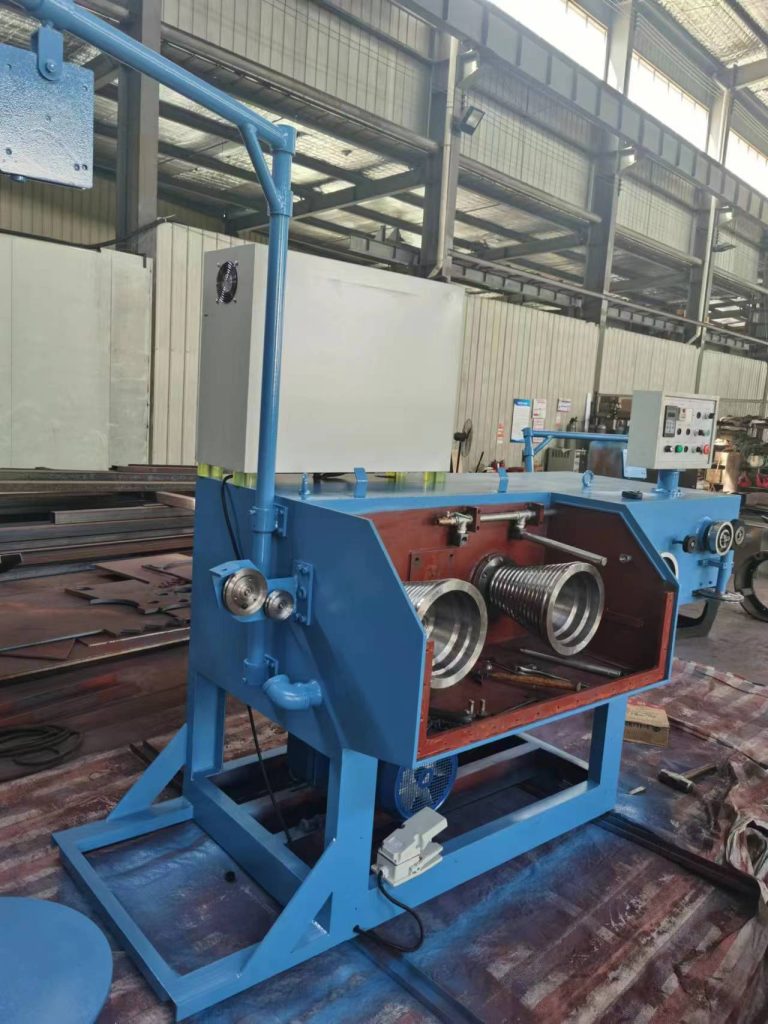
Another important factor to consider when optimizing efficiency in a zinc wire production line is the selection of appropriate equipment and machinery. Investing in high-quality, reliable equipment can help to minimize downtime and reduce the risk of costly maintenance and repairs. Additionally, using equipment that is specifically designed for zinc wire production can help to improve the quality and consistency of the final product.
In addition to selecting the right equipment, it is also important to ensure that operators are properly trained in the use of the machinery and tools required for Pure Zinc Wire Drawing Machine. Providing comprehensive training programs can help to reduce the risk of accidents and errors, while also improving overall productivity and efficiency. Regular refresher training sessions can also help to keep operators up to date on the latest best practices and techniques.
One of the key challenges in zinc wire production is maintaining consistent quality throughout the production process. To address this challenge, operators can implement quality control measures at each stage of production to identify and address any issues that may arise. By monitoring key performance indicators such as wire diameter, tensile strength, and surface finish, operators can quickly identify any deviations from the desired specifications and take corrective action as needed.
Another important aspect of optimizing efficiency in a zinc wire production line is to minimize waste and reduce energy consumption. By carefully monitoring and controlling the use of raw materials, operators can help to reduce costs and improve overall profitability. Additionally, implementing energy-saving measures such as using energy-efficient lighting and equipment can help to reduce the environmental impact of the production process.
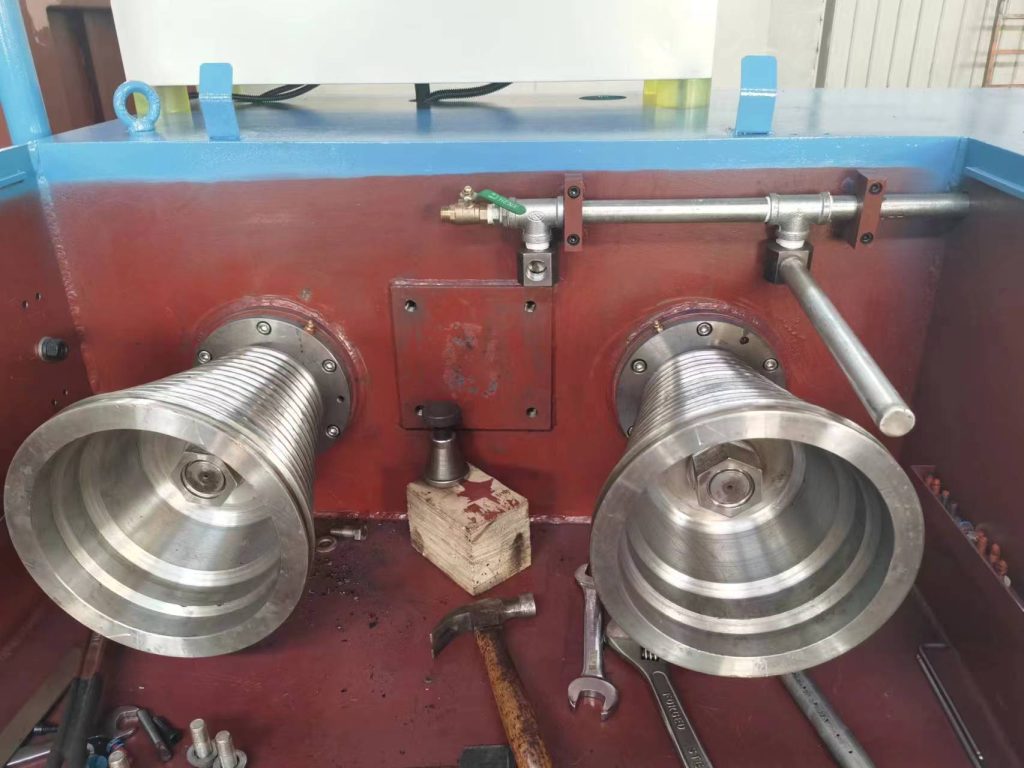
In conclusion, optimizing efficiency in a zinc wire production line requires careful planning, attention to detail, and a commitment to continuous improvement. By analyzing the layout of the production facility, selecting the right equipment, providing comprehensive training for operators, implementing quality control measures, and minimizing waste and energy consumption, operators can help to maximize productivity and profitability. By following these key strategies, operators can ensure that their zinc wire production line operates at peak efficiency, delivering high-quality products to customers in a timely and cost-effective manner.
Benefits of Using Zinc Wire in Industrial Applications
Zinc wire is a versatile material that has a wide range of industrial applications. From galvanizing steel to protecting against corrosion, zinc wire is an essential component in many manufacturing processes. One of the key benefits of using zinc wire in industrial applications is its ability to provide a protective coating that helps prevent rust and corrosion.
When Fine Wire Drawing Machine For Zinc Wire is applied to steel surfaces through a process known as hot-dip galvanizing, it forms a protective layer that acts as a barrier against moisture and other corrosive elements. This helps to extend the lifespan of the steel and reduce the need for costly repairs or replacements. In addition, zinc wire is also used in the production of zinc oxide, which is a key ingredient in many industrial products such as rubber, ceramics, and paint.
Another benefit of using zinc wire in industrial applications is its high conductivity. Zinc is an excellent conductor of electricity, making it ideal for use in electrical wiring and other electronic components. In addition, zinc wire is also used in the production of batteries, where its high conductivity helps to improve the efficiency and performance of the battery.
In addition to its protective and conductive properties, zinc wire is also known for its antimicrobial properties. Zinc has been shown to have antibacterial and antifungal properties, making it an ideal material for use in medical devices and equipment. In fact, zinc oxide is commonly used in the production of bandages and other medical products to help prevent infections and promote healing.
One of the key advantages of using zinc wire in industrial applications is its cost-effectiveness. Zinc is a relatively inexpensive material, making it an attractive option for manufacturers looking to reduce production costs. In addition, zinc wire is easy to work with and can be easily shaped and molded into a variety of different forms, making it a versatile material for a wide range of applications.
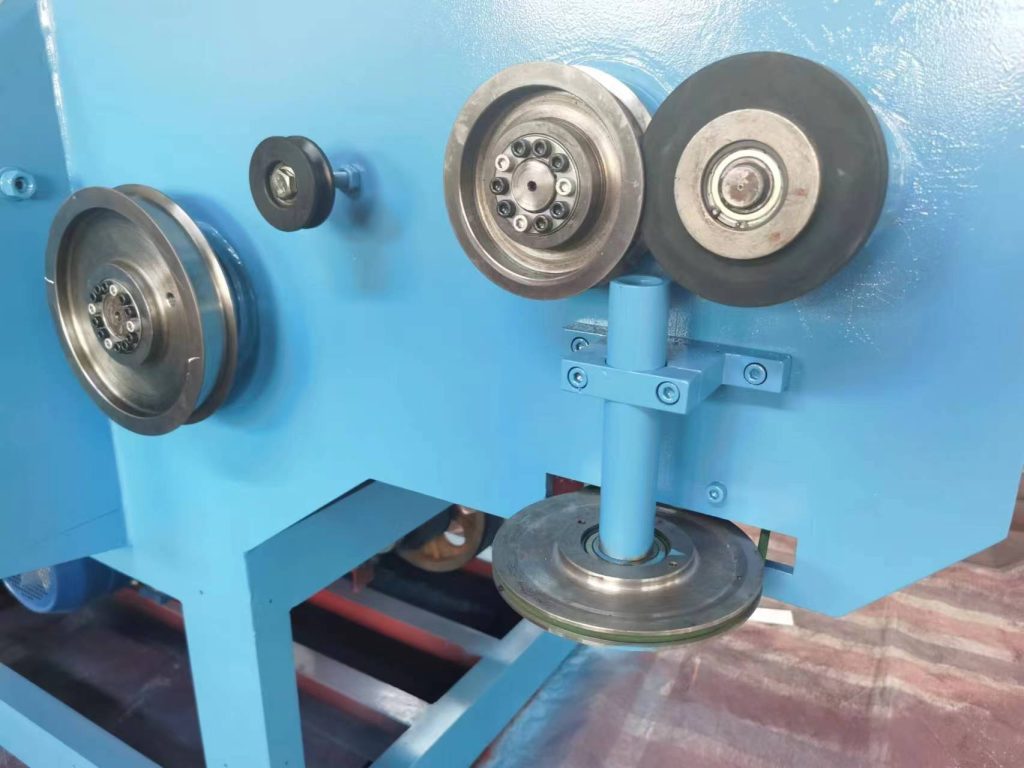
Furthermore, zinc wire is also environmentally friendly. Zinc is a naturally occurring element that is abundant in the earth’s crust, making it a sustainable choice for manufacturers looking to reduce their environmental impact. In addition, zinc wire is fully recyclable, meaning that it can be reused and repurposed multiple times without losing its properties or quality.
Overall, the benefits of using zinc wire in industrial applications are numerous. From its protective and conductive properties to its antimicrobial and cost-effective nature, zinc wire is a versatile material that is essential for a wide range of manufacturing processes. With its ability to protect against corrosion, improve conductivity, and promote sustainability, zinc wire is a valuable asset for any industrial operation.
